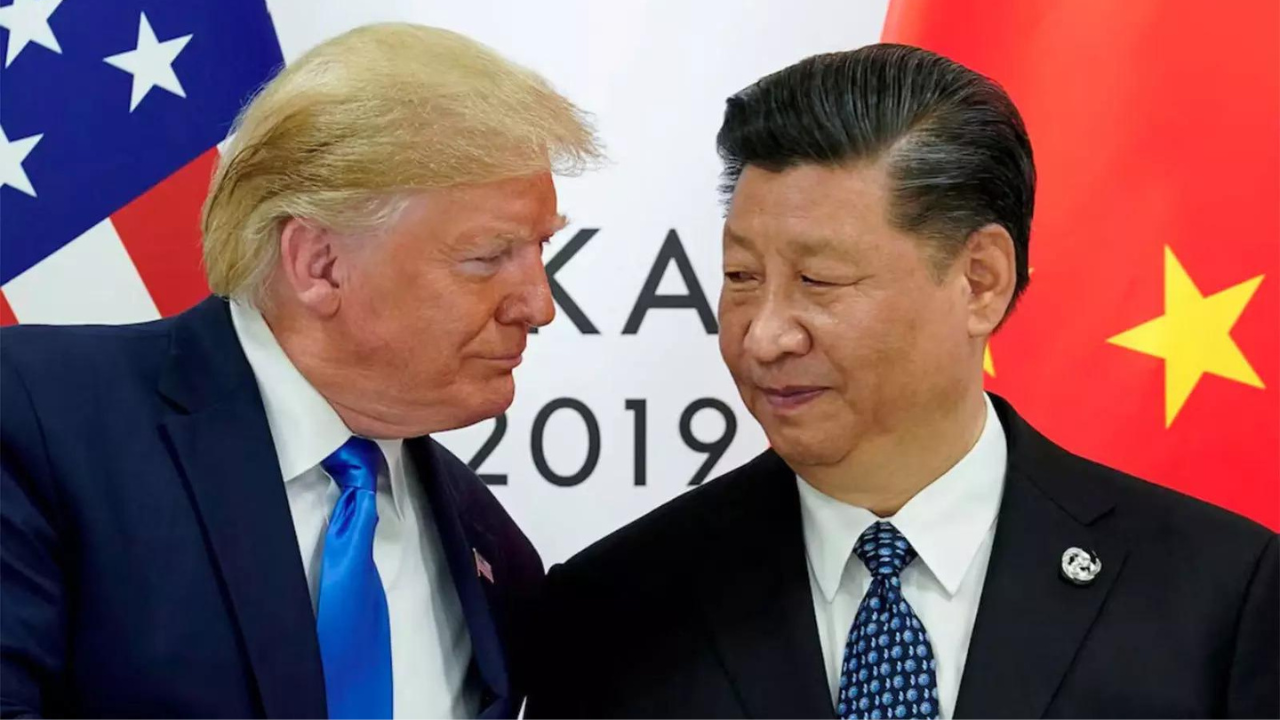Indus Water Treaty suspension: The dangerous consequences of hydro-politics

Join our WhatsApp Community to receive travel deals, free stays, and special offers!
- Join Now -
Join our WhatsApp Community to receive travel deals, free stays, and special offers!
- Join Now -

In an unprecedented move, India recently suspended the 1960 Indus Waters Treaty with Pakistan, citing cross-border terrorism. This was one of a series of escalations between the two countries which now find themselves on the brink of war.
The treaty suspension reflects a growing regional trend: South Asian countries are increasingly treating water as a strategic asset rather than a shared resource amid rising mistrust, climate stress and geopolitical competition.
The region is home to nearly a quarter of the global population, and relies on huge transboundary rivers fed by Himalayan glaciers – the so-called “Third Pole” of freshwater reserves. A breakdown in water diplomacy could trigger environmental collapse, humanitarian crises and geopolitical instability. The weaponisation of water must be urgently addressed as a global climate justice issue.
A flashpoint occurred in August 2024 when devastating floods affected nearly 5.8 million people in Bangladesh. Some Bangladeshi officials accused India of releasing excess water from a large dam upstream without warning. India denied responsibility, citing extreme rainfall and standard dam operations. Nevertheless, the incident reignited longstanding tensions between the two countries.
Complicating matters further is China recently approving the construction of the world’s largest hydropower project on the Yarlung Tsangpo river in Tibet, which becomes the Brahmaputra in India. This massive project has raised alarm about China’s ability to exert control upstream, and the...
Read more
What's Your Reaction?
 Like
0
Like
0
 Dislike
0
Dislike
0
 Love
0
Love
0
 Funny
0
Funny
0
 Angry
0
Angry
0
 Sad
0
Sad
0
 Wow
0
Wow
0























































